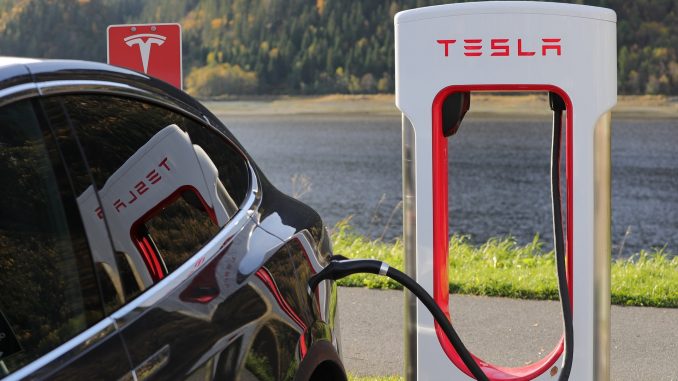
To keep global warming below 1.5 degrees Celsius this century, most of the world’s developed nations have signed up to the Paris Agreement. To meet this pledge, global emissions need to be reduced by 45% by 2030 and reach net zero by 2050.
One way to reach this goal is, according to climate experts, to speed up the transition from petrol and diesel cars to electric alternatives.
After entering the commercial markets in the first half of the last decade, sales of electric vehicles have soared. In 2010, there were only 17,000 electric cars on the road. By 2019, that number had reached 7.2 million.
In the same year, electric cars accounted for 2.6% of global car sales and 1% of global car stock, which is a 40% increase from the previous year.
So, is it worth buying an electric car? Here’s everything you need to know:
How much do electric cars cost?
Electric cars are usually more expensive than petrol or diesel models. This is because EV batteries are more expensive to make. Additionally, transforming existing factory production lines to manufacture the new technology requires a significant level of investment.
However, the costs are predicted to fall in the near future. According to the Society of Motor Manufacturers and Traders (SMMT), the cost of electric and internal combustion engine cars should be roughly the same “by the end of this decade.”
It’s also important to consider the cost of running an electric vehicle. Electricity prices vary and have increased in most countries recently, but it’s still cheaper than buying petrol or diesel.
Are there enough EV charging points?
One concern for anyone considering an electric vehicle is range anxiety – is it possible to cover longer journeys using an electric car? Drivers don’t want to stop and charge their car too often, and they definitely don’t want to run out of energy in the middle of nowhere.
Luckily, as the number of electric cars on the road increases, the number of public charging points tends to increase.
The number of public chargers varies between countries. Norway has the highest ratio of EV chargers to the population number at 614:1000. This is followed by the Netherlands (124:1000) and Sweden (116:1000).
China, which has the largest number of electric vehicles on the road, has a ratio of 24:1000. The US has 44:1000 and the UK has 39:10000.
Experts have warned that, if countries want to transition to EVs effectively in the coming decade, they will need to invest more in infrastructure. For example, one report discovered that the UK needs to build 10 times as many EV charging points by 2030 to meet its targets.
How far will electric cars go in the future?
EV range is something people are concerned about. However, electric cars are expected to be able to travel much further on a single charge in the future.
A new solid-state battery pack is currently being designed that will allow EVs to have a range of over 500 miles and last for over 1,000 recharges. These battery packs are also about 50% smaller than the lithium-ion batteries that are currently used in EVs.
Will all cars be electric by 2035?
The question is, will electric cars ever replace petrol? There are mixed opinions on this, but environmental groups claim it’s essential to boost the greener EV market.
Backed by ambitious carbon emission-free measures and financial help with the European Green Deal, the EV market is booming in Europe. It’s also seeing rapid growth in the US, Asia, and elsewhere.
By 2025, it is expected 1 in 5 new cars sold to be electric (worldwide), and By 2030, it is expected 2 in 5 new cars sold to be electric (worldwide). In 2035 and beyond, some experts predict that 100 % of new cars sold will be electric.


Leave a Reply